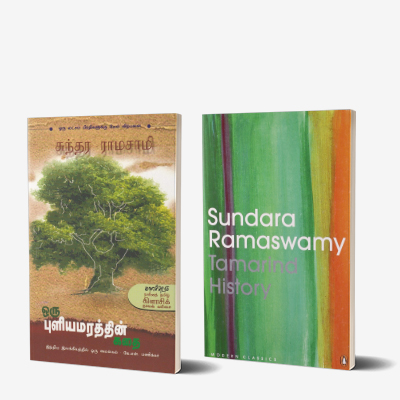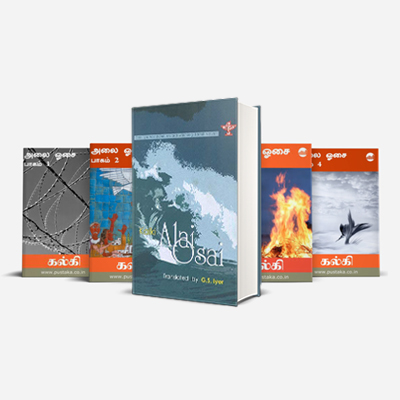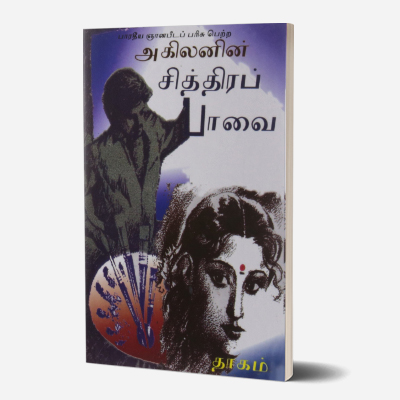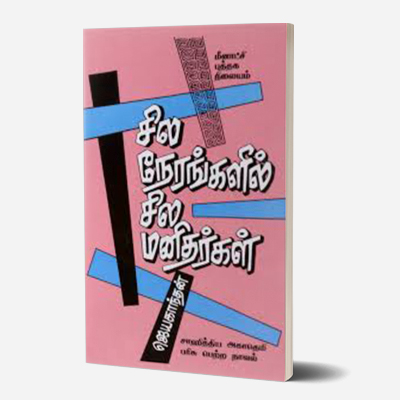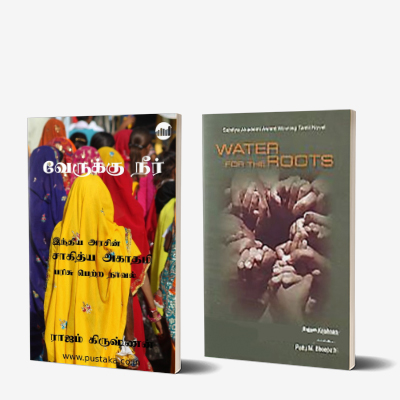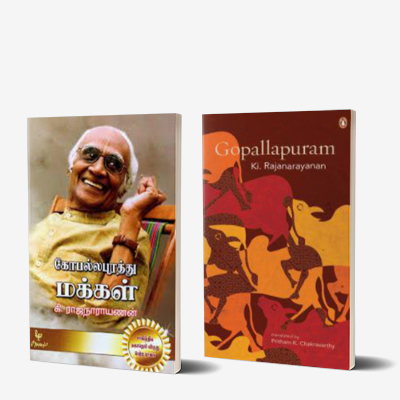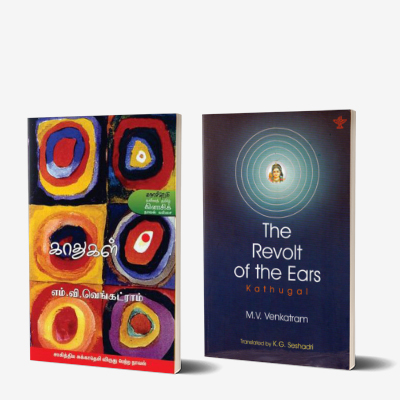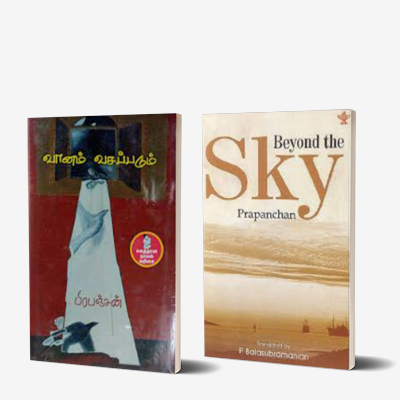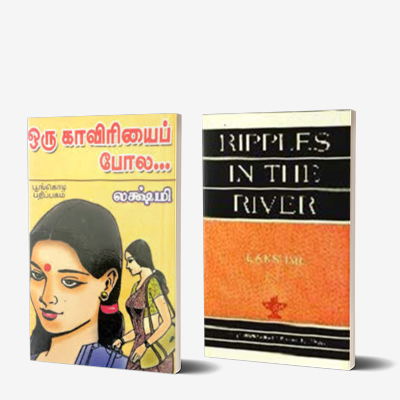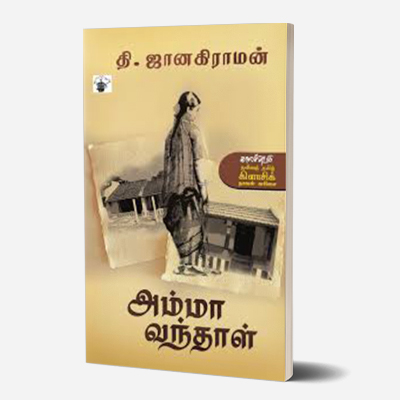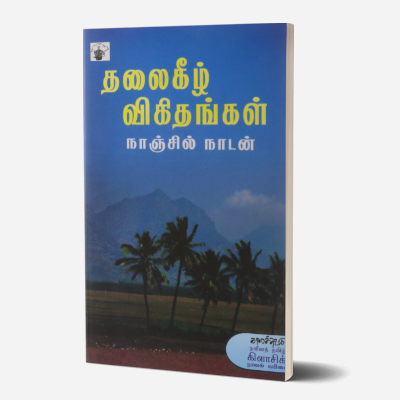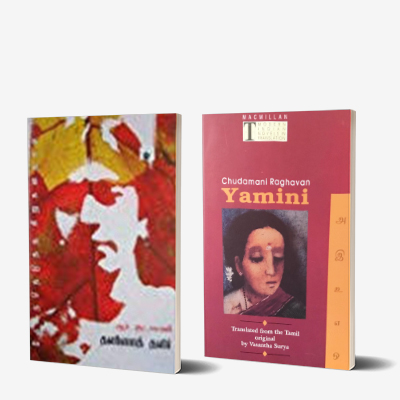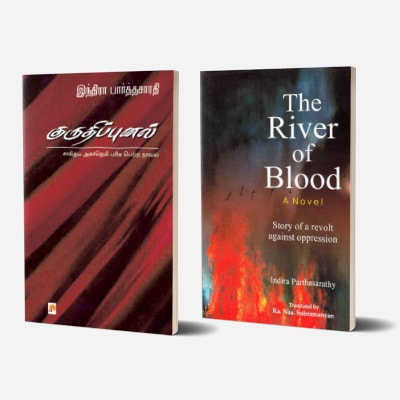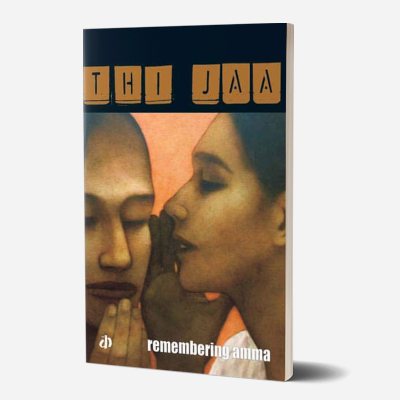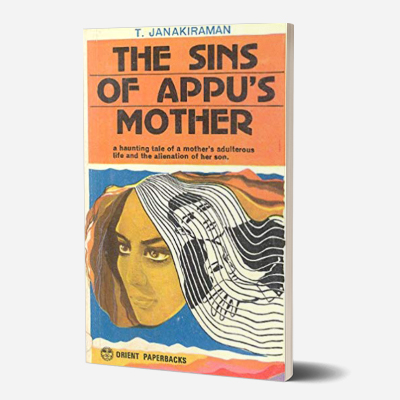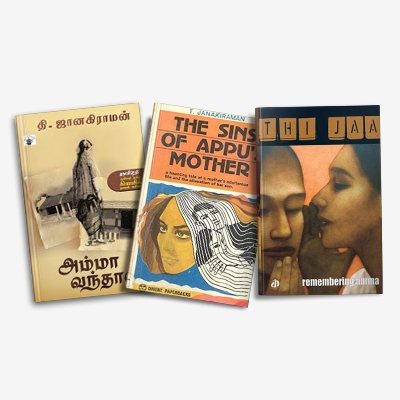Amma Vanthal
By Thi. Janakiraman
Amma Vanthal is a lyrical story of a vedapadasalai (Vedic School) by the Kaveri and an orthodox Brahmin household in Madras. A moment of insight is all it takes to topple a goddess. To Appu, a Vedic scholar, his mother is as pure and beautiful as the scriptures he is studying. Yet when he discovers that his idol, is having an illicit relationship with a rich landowner Sivasu under the very nose of his father and the rest of the family, he returns to the padasalai only to be drawn into a relationship with the young widow, Indu. Bhavani Ammal bequeaths the padasalai to Appu and Indu, with a promise to carry the tradition of Vedic teaching forward.
Thi Jaa’s portrayal of women who pursue their passions with calm self-assurance is bold and uncritical.
The novel has been translated to English as The Sins of Appu’s Mother by Orient Paperbacks in 1972 and more recently as Remembering Amma translated by Malati Mathur as published by Katha in 2006.
About the Author
Thi. Janakiraman (Thi Jaa) is one of the major figures of Tamil literature in the 20th century and was an expert at portraying life in the Thanjavur milieu. Born into a Brahmin family in Chennai; he worked as a civil servant before he took up writing. His writings portrayed the intricacies of the workings of the human mind. The smell of the soil, the taste of its food, the music of the dialect and its peculiar cultural elitism – all are attractively displayed in his writings. His published works include eight novels, two novelettes, six collections of short stories, three full-length plays and three travelogues.
He won the Sahitya Akademi Award in 1979 for his short stories collection – Shakthi Vaithiyam.
Also read
Marapasu
Translated as The Wooden Cow by Lakshmi Kannan (1979)
A novel about choice and agency, Marapasu traces the story of a ‘kept woman’, a Brahmin girl from Rural South India. She is an aesthete, an intellectual, a radical, completely amoral, who takes charge of her life led in contradictions. She can be bought, but she is not for sale. The protagonist Ammani, therefore, is one of the most enigmatic characters in Tamil fiction.
Mogamul (1940)
Mogamul (Thorn of Desire) revolves around the story of a young passionate singer who travels away from home to study and encounters his past love. The singer’s struggles between his lust and his passion and the diktats of society form the plot of the story. The novel was adapted into a film of the same name by director Gnana Rajasekaran in 1995.
Thalaikeezh Vigithangal
By Nanjil Nadan
Thalaikeezh Vigithangal’s protagonist Sivadhanu is a poor but educated villager on the lookout for a suitable job. An affluent man from a nearby town Chokkalingam is impressed with the young man and plans to groom him into becoming a businessman. He arranges for a wedding, makes him his son-in-law but Sivadhanu’s self-respect does not permit him to take the slights at his father in law’s place, lying down. He finds a job for himself and at this point, things turn awry. A story left with an open, interpretative ending, it is left to the readers to concur with the consequences of Sivadhanu’s separation from his wife and an ideal life.
About the Author
Nanjil Nadan’s first short story in Tamil titled, Viradham was published in N. Parthasarathy’s Deepam in 1975. He has authored six novels, 112 short stories, two short story anthologies, five essay collections, and two poetry collections. Published in 1977, his first Tamil novel Thalaikeezh Vigithangal was an instant bestseller. In 2002, it was adapted into a movie Solla Marantha Kathai by Thangar Bachan. Later came novels such as Embiladanai Veyilkayum, Mamisapadaippu, Midhavai, Sadhuranga Kuthirai (1993) and Ettuthikkum Madhayaanai – this novel has been made into a Tamil movie called Padithurai. He won the Sahitya Akademi Award for his short story collection, Soodiya Poo Soodarka, in 2010.
Also read
Ettuthikkum Madhayaanai
Translated to Against All Odds by Gita Subramanian
Falsely accused and hounded by the cruelty of the caste-ridden mores of a small village in the Kanyakumari District of Tamil Nadu, twenty-year-old Poolingam, a lowly potter by caste, runs away with no idea of where to go and what to do with his life. Ultimately, Against All Odds is a story of hope. Though cruelly torn away from the cocoon of his home and village and plunged into the searing realities of the even harsher world outside, Poolingam emerges not as a cynic but as a compassionate human being who still has the courage to love and give selflessly.
Iravuchchudar
By R. Chudamani
Translated into English as Yamini (1996) by Vasantha Surya
Set in Madras spanning a period of twenty years between the 1950s and the 1970s, Chudamani explores the mystery of the human mind, and its essential solitariness with unobtrusive passion in this novel. It chronicles the story of Yamini, who loved nothing better than solitude and felt a deep oneness with nature till the brink of being labeled as a recluse. Despite the ban imposed on child marriage by the Sharada Act of the late 1920s, Yamini is married off against her wishes and feels violated. She soon gives birth to a child, but even a daughter doesn’t evoke a sense of tenderness into her being. With the fear of history repeating itself, Yamini’s mother is worried about Geetha who is completely unlike her mother but equally distraught. A story spanning three generations, it also traces how the conservative views on marriage changed overtime allowing Geetha to assert her wishes and be respected for them, breaking the vicious cycle that Yamini was a victim of.
This novel documents how every individual has a core, inner life and to violate this core of privacy is to set off a kind of cataclysm within the mind. Because of the nature of human relationships, that cataclysm will raise relentless echoes in the lives of others.
About the Author
Chudamani Raghavan (10 January 1931 – 13 September 2010) was a novelist, short-story writer, and translator who wrote both in English and Tamil. Born in Chennai, she was homeschooled due to a physical disability. She started her literary career in 1954 with the publication of Parisu Vimarsanam, a humourous skit that appeared in Dinamani Kadir, a Tamil weekly. The core concern of her stories remained until the very end, human life as it is lived in the present day. Women in her stories emerge as characters bracing the strong winds of life, fighting and resisting and sometimes succumbing, painted in a lyrical and poetic language that caught the subtlest of emotions with ease and dexterity.
